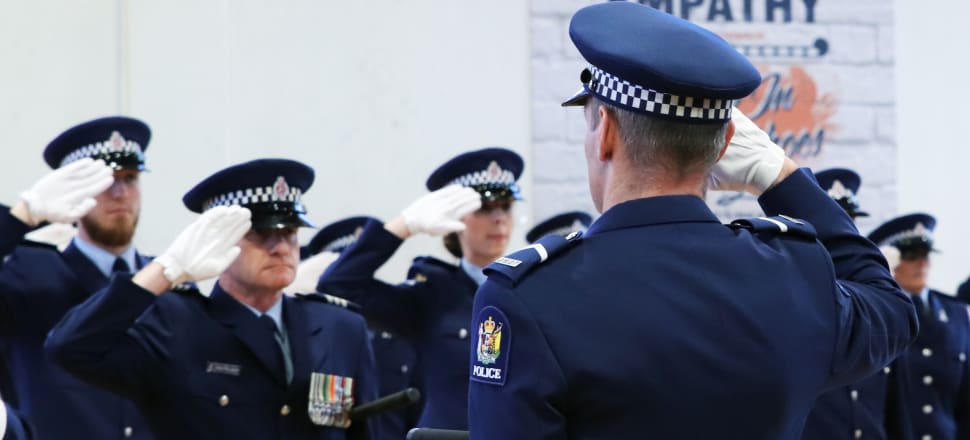
Two new models for nationwide policing are being rolled out as the force adapts to soaring rates of assaults on officers, and an upswing in call-outs that fall into the jurisdiction of mental health, not crime
Another day, another crime. At least, that's what it seems like, and there are figures to back that up.
Knife attacks on strangers – mostly from assaults or robberies – have increased by nearly 22 percent in the past two years.
The number of ram raids has also quadrupled in the past two years, and of those caught by police, 70 percent of the perpetrators were aged under 18.
The Police Commissioner expects escalated gun crime to remain a problem for years.
Police Association president Chris Cahill says this is definitely a new era of crime.
"The environment's changed dramatically over the years and that change, and the level of risk to officers, has increased dramatically in more recent years," he says.
"We had over 2000 officers assaulted last year ... nearly 500 of those were physically injured because of those assaults, some of them were very serious assaults."
So do our police officers have the tools to cope with a changing environment?
Currently, there are a few weeks of preparation for officers before they head to a 16-week Police College course – although the length of that is under review.
Last week the Government announced the nationwide roll-out of co-response teams, a model where mental health experts accompany police to people who call 111 in mental distress.
Police turned up to 77,000 mental health-related events last year, says Cahill.
"Most of those [people] are not criminals. It's a health issue, not a policing issue."
And while such people are now taken to emergency departments rather than holding cells, Cahill says the amount of time officers spend at hospitals is a "complete waste of police resource".
The Government also announced back in March that the Tactical Response Model would be hitting all districts in the country.
The model was formed after the controversial Armed Reponse Teams in 2020 were dumped, after public backlash over routinely arming officers.
Superintendent Kelly Ryan, the director of the Frontline Safety Improvement Programme, explains what is actually in the roll-outs and what difference they make.
"We are better equipped than we ever had been. I don't think we could ever say that we are 100 percent there because policing is so unpredictable. We play in the grey."
The Detail also looks at whether police officers do need to carry guns given the new context of crime.
A survey in 2021 found 80 percent of police officers wanted to be routinely armed. Cahill explains the sentiment among cops now, and why guns are still considered a last resort.
"No one wants to be the officer that pulls the trigger, it can be life-changing ... for officers and their whānau. There are no winners in that situation."
Find out more by listening to the full podcast.
Check out how to listen to and follow The Detail here.
You can also stay up-to-date by liking us on Facebook or following us on Twitter.







